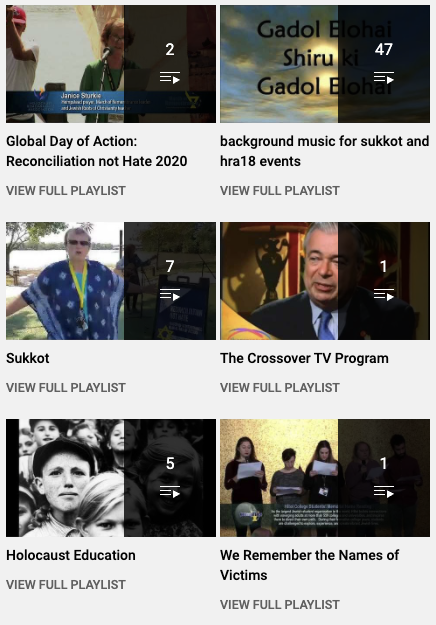Although history has never been my personal passion, it demands my attention, as history provides keys to the future. First, a study of our past can prove eye-opening – we discover our ancestry and the origins of our family and cultural traditions. An understanding of whence we came helps us comprehend why we have certain tendencies or even how we ended up where we are now. However, the most crucial reason for examining the past is to learn lessons from history that will empower us to avoid repeating the same mistakes.
In the fourth chapter of her book, Journey to the Holocaust: Anti-Semitism, the Bible and History, Dr. Susanna Kokkonen highlights the tragic persecution of Jews during the Middle Ages. She points out that the Nazis were not by any means the first to insist that Jews wear yellow marks somewhere on their clothes to identify themselves as Jews. Even during medieval times, Jews were segregated in separate neighborhoods and forced to wear identifying badges. Thus, the yellow star we associate with the Holocaust was far from a new invention. As if that were not enough, Jews were regularly criticized, persecuted, and even blamed for diseases (such as The Black Death) and natural disasters.
The Crusades, commonly portrayed as an initiative to reclaim the Holy Land from Muslim rule, also served to give expression to longstanding antisemitic sentiment. En route to the Middle East, Jewish communities were destroyed. “Even before the knights had left Europe, they destroyed Jewish communities on their way. Hatred toward the Jews, along with their hatred toward Muslims, was a motivation the leaders of the crusades openly expressed. It was said, for instance, that the purpose was to take revenge on Jews for the death of Jesus and to eradicate the Jews completely from the face of the earth” (pp. 85-86).
Moreover, the Spanish Inquisition involved brutal victimization of the Jewish people. Even those who ostensibly had converted to Catholicism were exposed and condemned – even executed – for observing practices that might be associated with Judaism, such as keeping the Sabbath. The persecution finally culminated in the expulsion of the Jews from Spain in 1492. (Some scholars have brought evidence that Columbus may have been a Jew. In that case, a Jewish person may have had a hand in the initial exploration of the Americas!)
Truly, as Ecclesiastes 1:9 states: “That which has been is what will be, that which is done is what will be done, and there is nothing new under the sun” (NKJV). Antisemitism is certainly nothing new. However, the only way to avoid repeating gross errors and sins of the past is to study history, examine our own attitudes, and ask God to transform our hearts. The sorrowful facts are written for our reflection; may we therein derive hope for a different future, free of persecution, prejudice, and indifference!
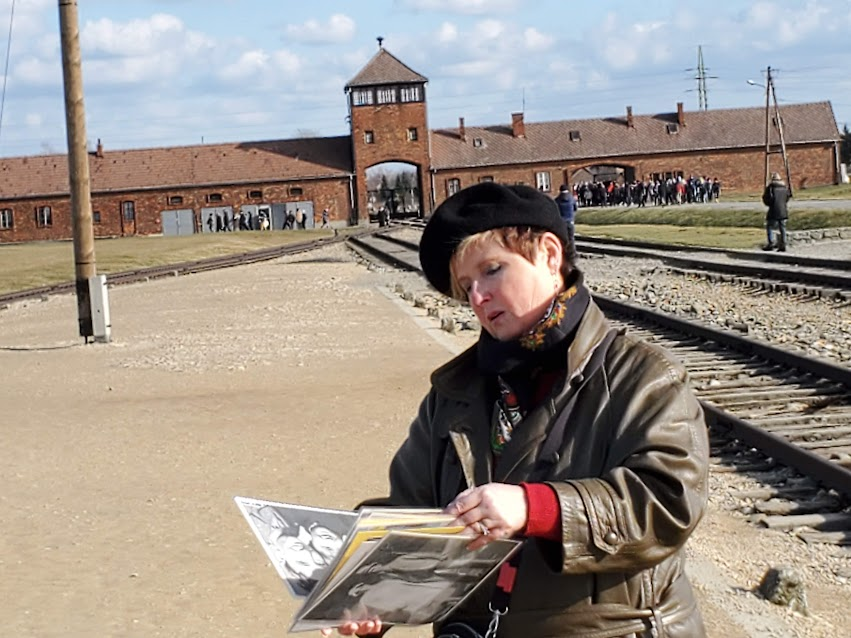
Help
Help By Rozalie Jerome I cry I torment I angst With the weight With the task With the burden. Few understand Few care Yet 6 million remember 6 million Were there. Forget me not Is their cry. Forget me never I decree I’m carrying it out Redeeming the lost Redeeming the...
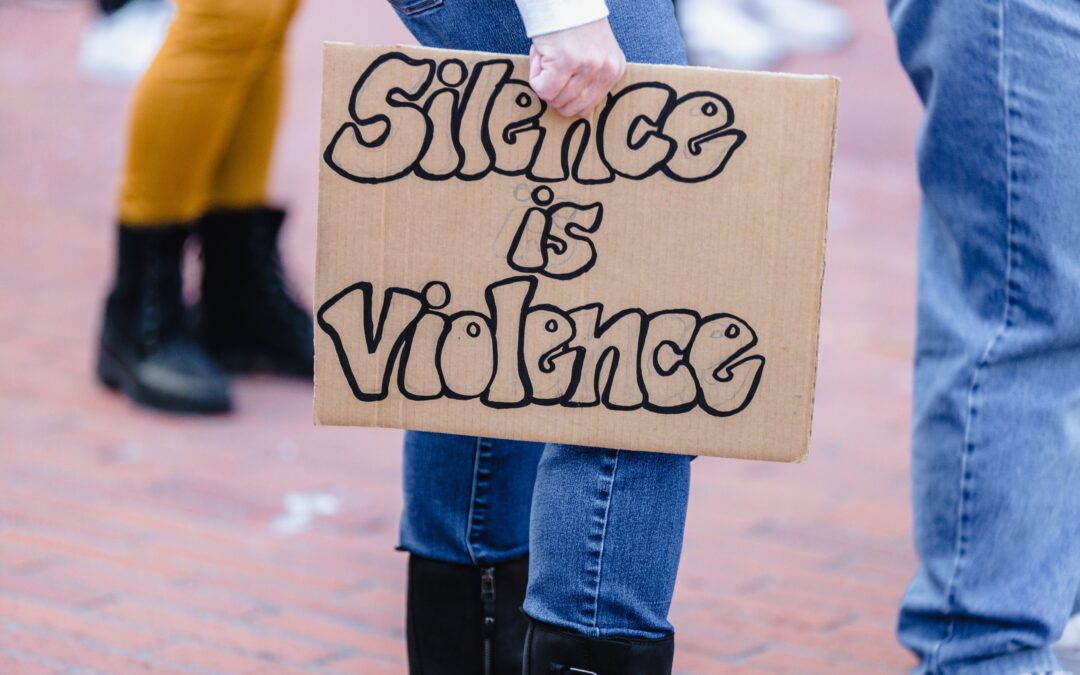
A Recipe for Disaster
by Christine Ege Nuclear weapons development, religious fanaticism, and genocidal threats contribute to an international recipe for disaster, according to Dr. Susanna Kokkonen. In Chapter 11 of her book, Journey to the Holocaust, she describes the shift in Iran’s...
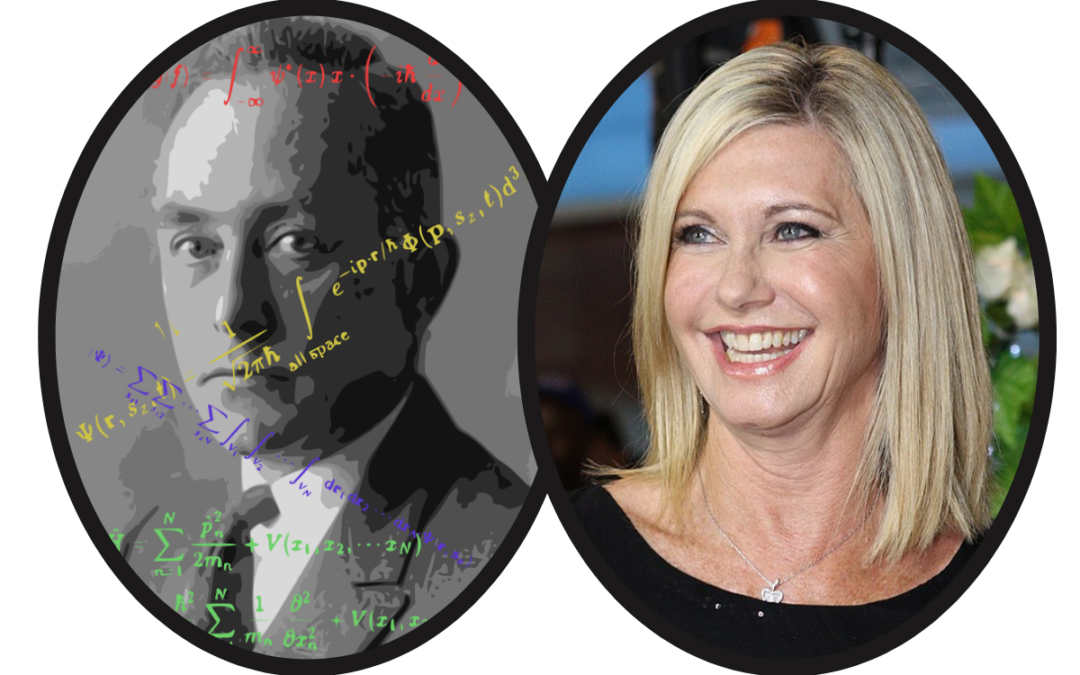
Goodbye, again, Olivia
By Delia Weatherly Today on my drive through Houston I was saddened to hear that Olivia Newton-John had died from breast cancer. The woman had been an inspiration to many of a road trip sing-along and has now crossed over to heaven. She will be missed by many. However...
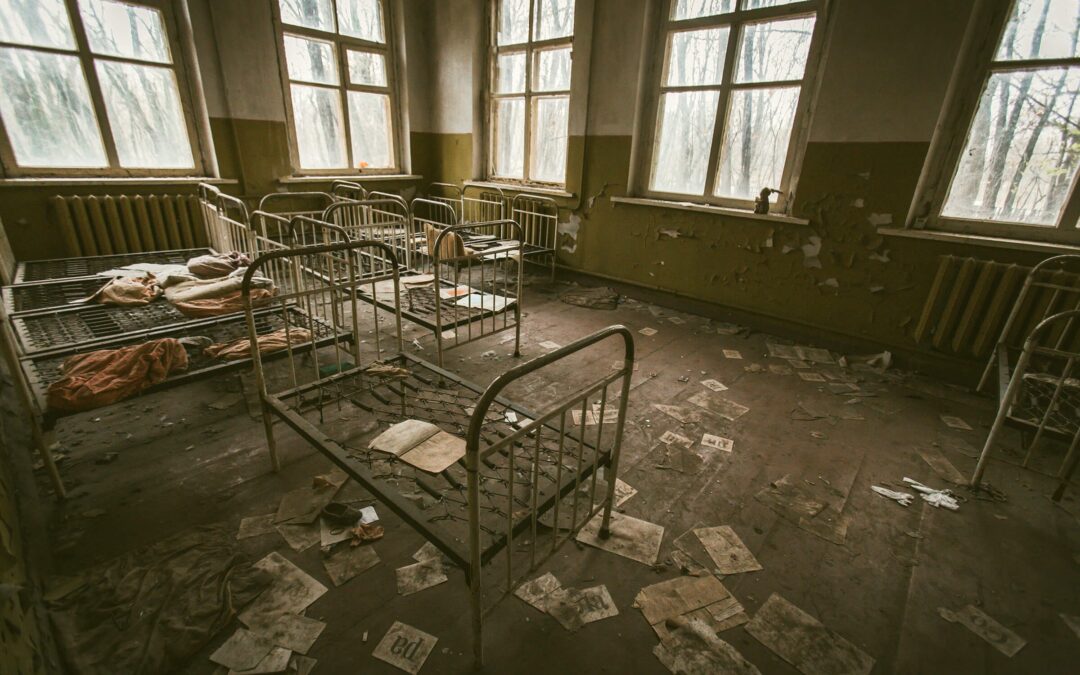
Confronting Symptoms without Addressing the Problem
by Christine Ege In the wake of World War II and the liberation of the remaining concentration camp prisoners, the evidence of unspeakable atrocities committed by the Nazis could no longer be hidden. The world was collectively shocked and horrified at the plight of...
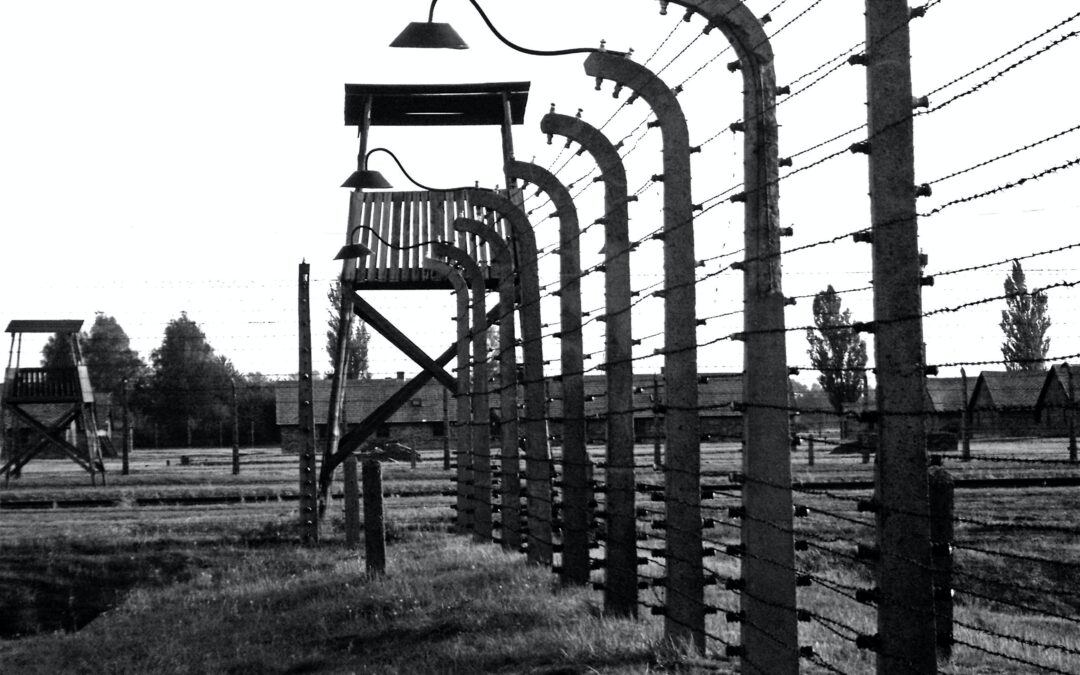
Josef Schutz, 100, Tried and Sentenced For His Role as Guard at Nazi Prison Camp
Fran Morris 7-6-2022 Young people take on new ideas and new causes in a heartbeat. Later, sometimes a lifetime later, as they became wiser, they may realize that those ideas or causes were not what they believed them to be at the time. Josef Schutz was 21 years old...

Are We Any Different?
by Christine Ege Studying the Holocaust is far from a simple task. It is unlike any other brief period of history, as its roots are firmly anchored in the centuries and decades leading up to World War II, and its tentacles have continued to affect the world to the...

The Final Solution: Industrialized Killing
by Christine Ege As schoolchildren, we all learned about the Industrial Revolution and the benefits resulting from new technology, mechanization of production processes, and maximization of profit. Productivity and efficiency grew at a historically unprecedented...
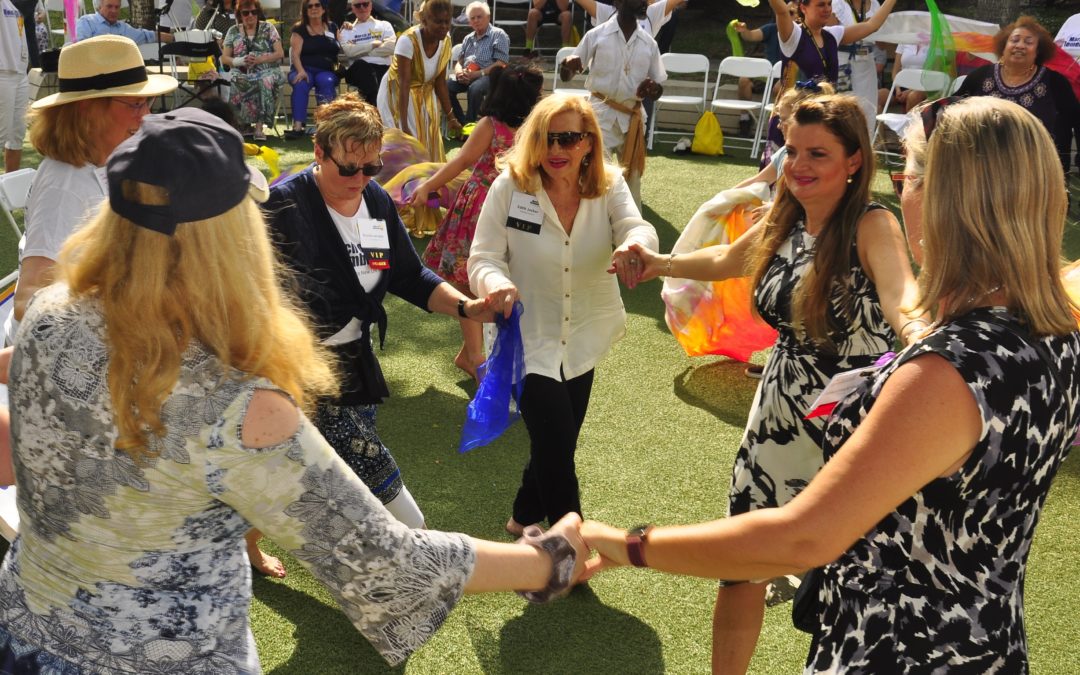
Edith Jucker headlines March of Remembrance with her survival story
The 10th anniversary of March of Remembrance Texas was held on Sunday, May 1, in Kingwood, Texas. Rozalie Jerome, Holocaust Museum Houston Warren fellow and second-generation survivor of Hungarian Jewish parents, along with March of Remembrance Texas and a volunteer...
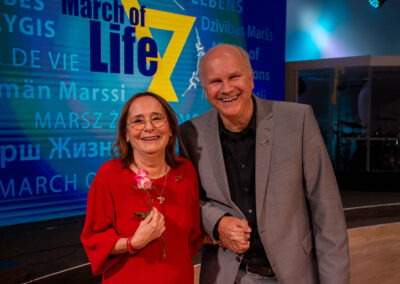
“It is urgent!” The 7th March of Life Conference calls to stand up against antisemitism
This year, a hybrid March of Life conference took place, including many hosts and supporters from different nations. More than 4000 participants from 28 nations watched the highlight of the conference, the Night to Honor Israel, welcoming author and one of the best...

999 Inadvertent Pioneers of Auschwitz: Math and Misogyny
by Christine Ege In the book 999, author Heather Dune Macadam recounts the details of the first official deportation of Jews to Auschwitz. The remarkable aspect of this transport was that it consisted only of young women, most of whom were mere teenagers. The girls...

